Bench is the wrong pulpit to spout political views

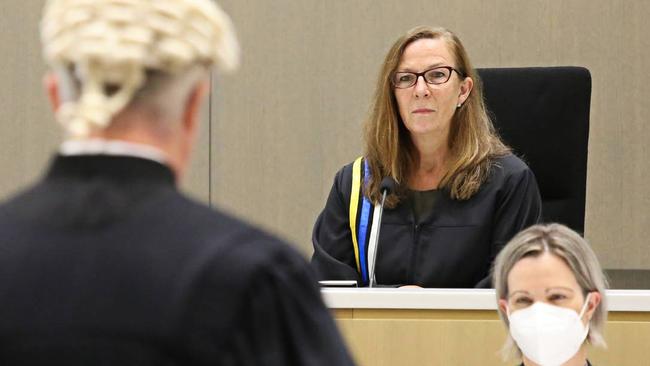
The Chief Justice of the ACT Supreme Court surely won’t mind the attention. After all, she told new lawyers during their admission ceremony last year they should undertake their practice of the law “on the assumption that everything you do and say in the course of your profession may end up on the front page of the Canberra Times”. Alas, a local paper won’t do here.
As the nation confronts continuing demands about sovereignty and treaty by some Indigenous people after the failed voice referendum, McCallum’s extrajudicial comments warrant close scrutiny. Not because we care about her personal views. What McCallum says in private is her business. But we should care very much if she, or any other judge for that matter, uses a privileged and powerful judicial position to air personal political views that may come up for decision in their court or that raise questions about potential biases.
Since taking up her senior role at the ACT Supreme Court in March last year, McCallum has begun addresses in her courtroom by saying: “I acknowledge the First Nations people.” Then she goes further, saying: “I acknowledge that the land has never been ceded by them.”
In April last year, a month after she was sworn in as the new ACT Chief Justice, McCallum made similar comments – this time during an admission ceremony for new lawyers. In the ceremonial sitting to open the 2023 legal year McCallum added that she acknowledged “that many wrongs have been done to First Nations peoples in the name of the rule of law”.
The difficulties raised by the Chief Justice’s comments are as much about what she says as what she doesn’t say. When McCallum says she acknowledges “this land has never been ceded” by Indigenous people, does she mean the law ought to recognise their claim over Australia?
Is the Chief Justice offering a tantalisingly different position to the clear and unambiguous legal position, as stated by the High Court in Coe v Commonwealth in 1993, that there is no legal justification for “the notion that sovereignty adverse to the Crown resides in the Aboriginal people of Australia”?
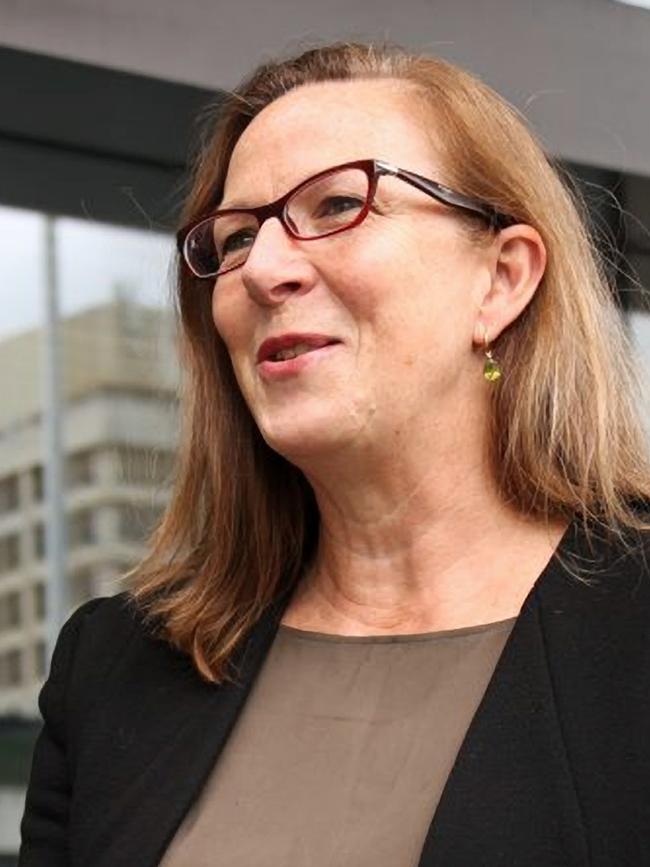
Does McCallum mean, if such a matter came before her, she would prefer a different view to the High Court stated position in that case that “the (Mabo decision) is equally at odds with the notion that there resides in the Aboriginal people a limited kind of sovereignty”? When she says wrongs have been done in the name of the rule of law, does she mean the rule of law in Australia remains a problem for Indigenous people? Is she signalling that there should be a separate, different kind of legal system for Indigenous people?
When McCallum says Indigenous people are “overrepresented in the criminal justice system”, does she mean that in pursuit of equitable gross statistics we shouldn’t incarcerate some Indigenous people who are found guilty of serious crimes? The fact previous ACT chief justice Helen Murrell also liked to acknowledge that sovereignty had not been ceded by our Indigenous people is no defence. That such statements are apparently at odds with the law is enough to consign them to politics, not the law.
The Machiavellians among us may wonder if an ersatz legal brief of sorts is being compiled where activists will point to McCallum and other judges recognising that sovereignty has not been ceded.
McCallum went even further in her comments during an admissions ceremony in June this year. She said she confirmed “her commitment to work side-by-side with First Nations people toward a system of shared authority in which we can hope to right the many wrongs done to them in the name of the rule of law”.
McCallum’s address that day, unlike the one from the previous April, was not posted online. What does McCallum mean by shared authority? Does she mean dual sovereignty? Something else? Is she unhappy with the High Court authority? That her comments raise many questions makes them problematic coming from a senior judge.
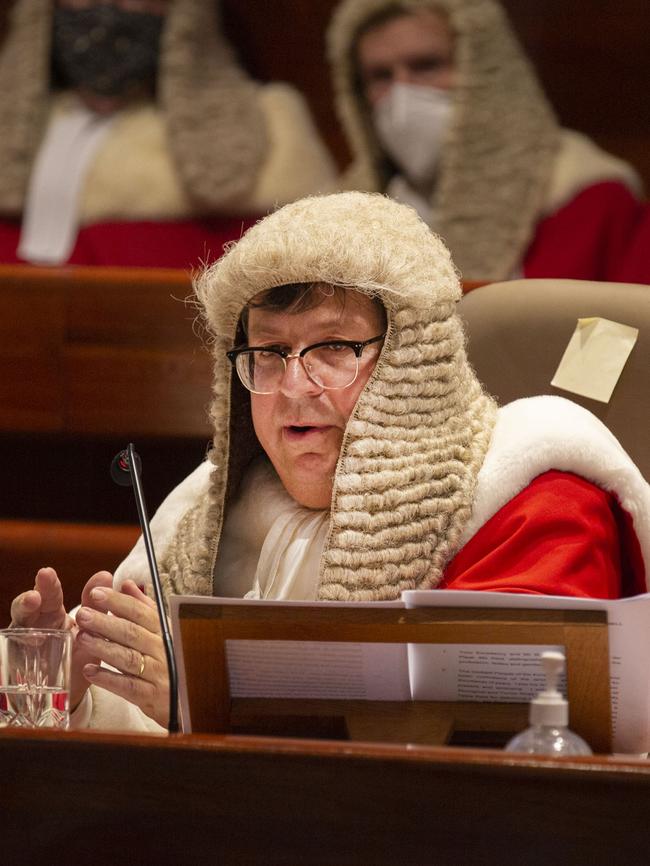
McCallum’s comments came at an interesting time. A divisive and heated debate about the proposed voice referendum was well under way, the voice being the first part of a three-part set of demands along with treaty and truth-telling, with many Indigenous activists and academics claiming joint sovereignty.
The Albanese government, leading the charge for the Yes case, would soon make two new appointments to the High Court.
The timing of McCallum’s comments led some legal insiders to wonder whether she was showcasing her opinions for future use on the highest court in the land. Given her political comments as Chief Justice, it shouldn’t surprise that many lawyers in the ACT and beyond were relieved that she was not appointed to the High Court.
Not all judges behave as McCallum does. NSW Supreme Court Chief Justice Andrew Bell gives low-range acknowledgments about the local people having cared for and been custodians of the land for thousands of years.
The NSW Chief Justice does not acknowledge that land has not been ceded. Nor does he say that wrongs have been done by the rule of law.
While Bell’s acknowledgments wade into the shallows of politics, at least they don’t amount to chiding the High Court. That McCallum’s gratuitous commentary about sovereignty and other matters is not standard practice among judges raises the question as to what is best practice for a judge – especially a chief justice who is a standard setter for junior judges.
The independence of the judiciary is a precious thing for judges and citizens alike. In a democracy, judges must be free from political interference to uphold the rule of law. Political interference can come from different places. It might come from a politician, or a government, trying to interfere with a judge and the rule of law. Or it might involve a judge who allows their personal political views to interfere with the law.
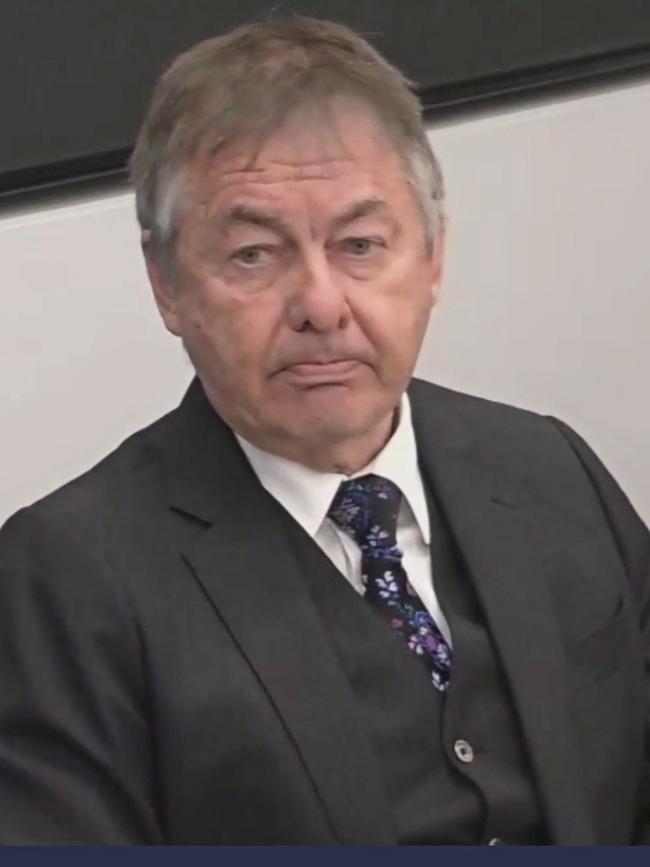
So let’s be as plain as day: the independence of the judiciary depends, first and foremost, on judges remaining independent from current political contests. In a democracy, we must hold on to the principle that we are ruled by law, not by philosopher kings and queens on the bench.
When the Chief Justice talks about sovereignty, she is not speaking as Lucy McCallum, private citizen. She is speaking publicly as Chief Justice. And if McCallum cannot spot the problem, she may be in the wrong job.
McCallum’s decision to comment, as Chief Justice, about sovereignty is even more curious given that she chose not to utter a word publicly about a report this year by Walter Sofronoff KC that found former ACT chief prosecutor Shane Drumgold had made false claims in her courtroom, matters that go to the heart of the administration of justice.
There will be different views in the community as to claims by some indigenous people that they have not ceded sovereignty over Australia. High Court authority rejects even limited sovereignty for Indigenous people. Once McCallum started making overtly political comments about sovereignty, sooner or later someone was going to report them and point out that in a democracy an advocate for a cause is better off standing for a seat in parliament or joining an activist organisation.



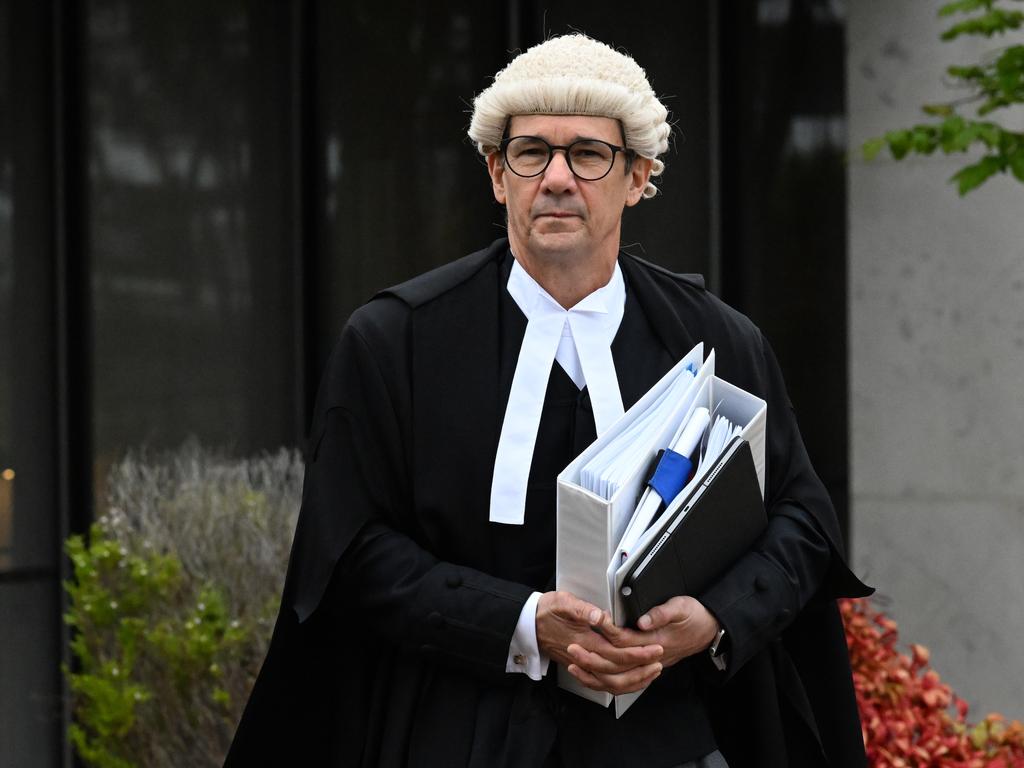
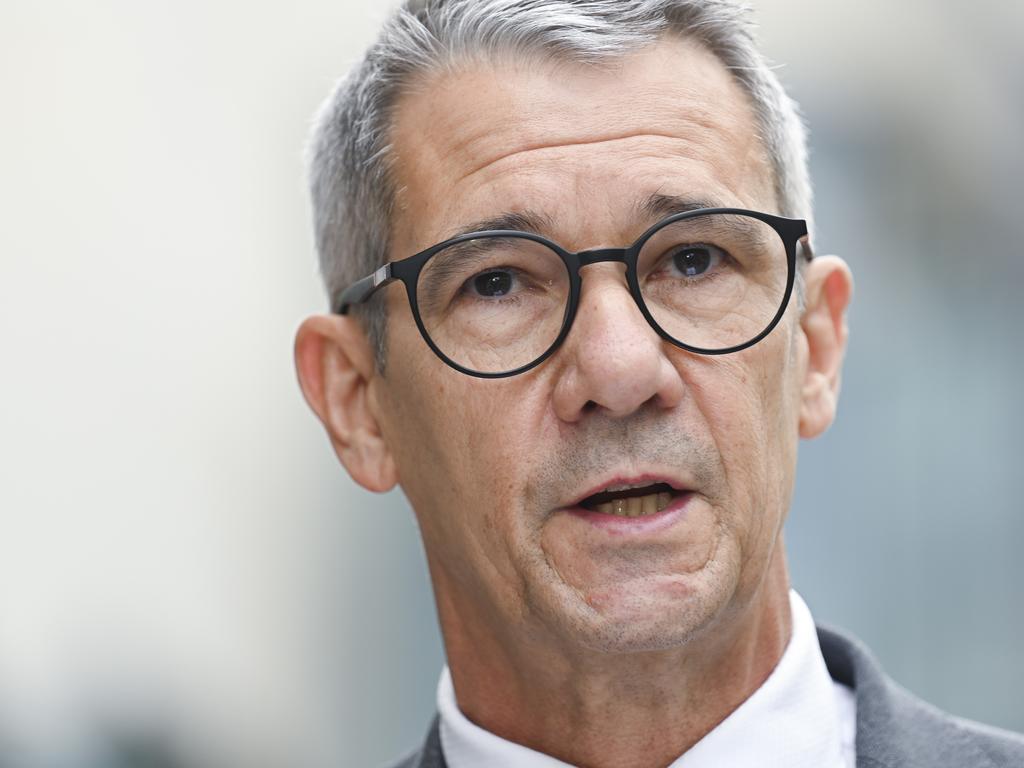

Given the outcome of the voice referendum and the statement released on Sunday by a group of Indigenous activists claiming their sovereignty “has never been ceded”, there has never been a more fitting time to turn our focus to our judges. One judge in particular: Lucy McCallum.